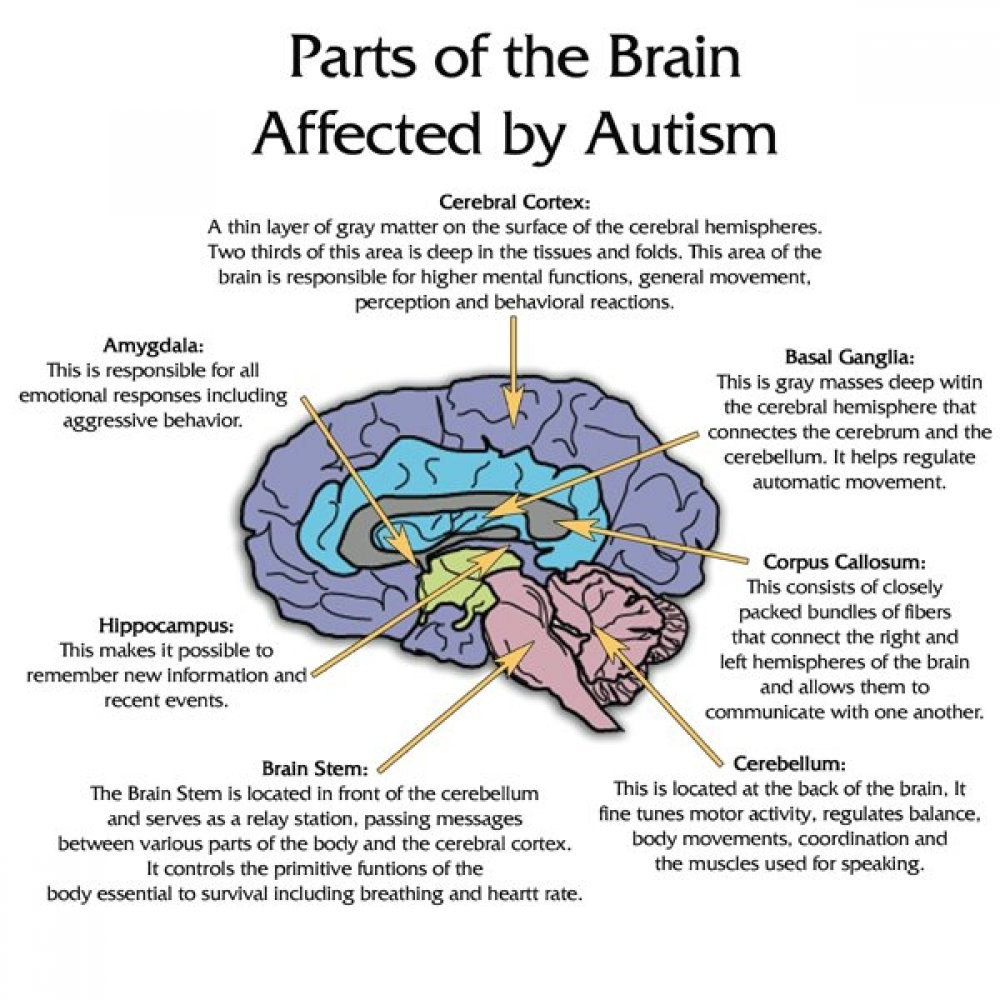An enquiring practitioner is ultimately an individual who seeks to gain more relevant knowledge. They further research aspects of interest or need and are then able to relay these to others. This allows the investigative work to become more than reflection, while also consolidating information that has been learned. For us on our journey to becoming teachers, it is of benefit to fully immerse ourselves in this ethos, as it is hoped that practitioner enquiry will become a day-to-day occurrence in Scottish schools.
As a student teacher the concept of being an enquiring practitioner seems to fit nicely with the theories and inputs we have heard so far and indeed what we do as university students- learn. If we expect and encourage student autonomy we have to also be ever improving as teachers. Learning and sharing of information should be on going. As students we use the eportfolios to highlight and hopefully discuss areas of research and interest. It is reassuring for me, as a student teacher that as a qualified teacher there are guidelines in place to justify and encourage ongoing knowledge. We are in a modern society and teachers can come under scrutiny; we are not the once entirely trusted “do as the teacher says,” profession. To have documented and shared research to back up our teaching and methods, will help us fair against any doubts or insecurities parents or colleagues may have. That is of double benefit as through practitioner enquiry we adopt a more critical eye and will therefore be in the position to improve our own practice. An enquiring practitioner can foresee possible routes of research and further study; for pupils and teachers alike. Another benefit is the impact our research can have on the curriculum, to make change we must be the change. It is through collaborative and engaged research that those suggestions lead to action. Being an enquiring practitioner will open the door and be a direct link to the passion we have for our chosen line of work. As a student teacher our grasp on being an enquiring practitioner can benefit us on placements; being able to engage in the wider school community and contribute to any meetings, parents evenings, in-service days, workshops etc. No teacher should rest on the laurels of past techniques, without knowing that is the best current method.
So lets look critically at the concept of the enquiring practitioner. To me, a student teacher, there was that level of assumption that this idea of on-going learning and evaluative investigative research was a given. So giving it a name and a section of GTCS was a bit of an eye opener. For me this highlighted that not all teachers engaged in on-going research or peer interaction and valuable development. Another disadvantage or critique would be the self-serving role of individual research. The want to highlight new ideas and thinking without a critical and professional approach; not engaging deeply enough with these. As a student teacher we will also have to question and practice becoming an enquiring practitioner on placement. This means we will have to take into consideration that what works for one school may not work for another. Don’t blindly adopt techniques without doing further situational research. Indeed it may be hard to focus on research coming to a productive end. Pulling in research when necessary and not allowing tangents, unrelated to teaching, to occur. Also, thinking from a student teacher, perspective; imagine going through hours of engaging research to then be told by peers or higher governing bodies that the work is of no significant value or to go back to the drawing board. It is throughout our student lives that we will gain the expertise to cope with this constructive criticisms and keep the drive.
I’ve found as a student teacher that most lectures are new and exciting, but what can’t be covered in the hour long lecture is up to us to research. To practice becoming an enquiring practitioner I have to take the initiative and engage in conflicting ideas/methods/theories as well as my peer group. By doing I can become.
…if we are to achieve the aspiration of teachers being leaders of educational improvement, they need to develop expertise in using research, inquiry and reflection as part of their daily skill set.’ (Donaldson, 2011:4)



